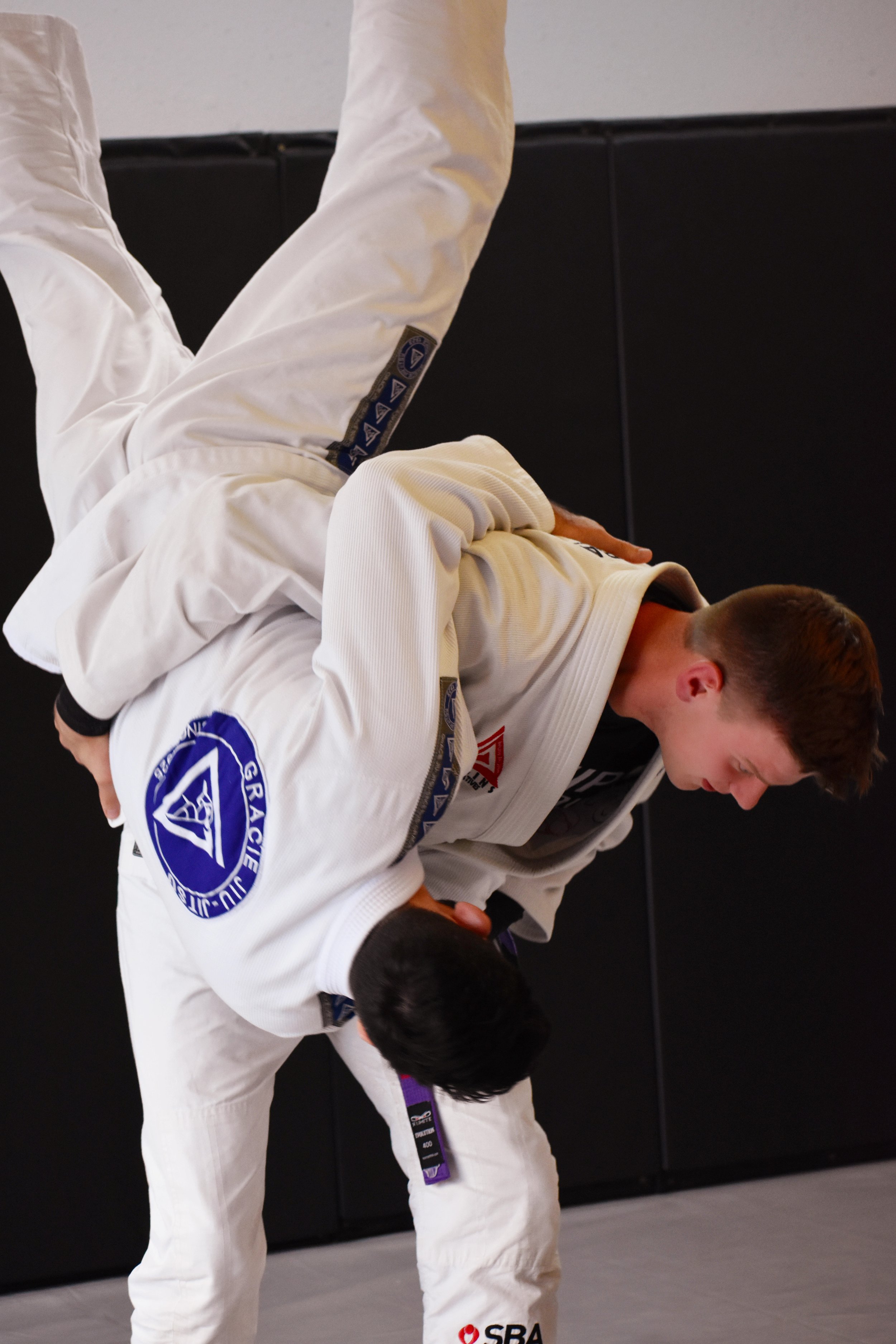
Judo
Origins Combatives Judo
Origins Judo program is led by former Swiss National Judo team member, Sensei Francois Comunetti. He is also the author of the book “What Are You Hungry For?”
Judo is a modern martial art and Olympic sport that originated in Japan. Founded by Jigoro Kano in 1882, it emphasizes the principles of leverage, balance, and technique over brute strength. Here are some key aspects of Judo:
Techniques: Judo primarily involves throwing opponents to the ground (nage-waza), grappling on the ground (ne-waza), and using joint locks and chokes.
Philosophy: The philosophy of Judo focuses on mutual welfare and benefit, promoting respect, discipline, and the idea of using an opponent’s energy against them.
Training: Practitioners, known as judoka, train on mats and often wear a traditional uniform called a judogi. Training includes drills, sparring (randori), and practicing specific techniques.
Competition: Judo competitions involve scoring points through throws, holds, and submissions. Matches are won by throwing the opponent onto their back, pinning them for a certain period, or forcing a submission.
Belt System: Like many martial arts, Judo has a ranking system that progresses from white belt for beginners to black belt for advanced practitioners.
Benefits: Beyond self-defense and physical fitness, Judo promotes mental focus, confidence, and camaraderie among practitioners.
Overall, Judo is not just about physical skills; it also emphasizes personal development and respect for others.


